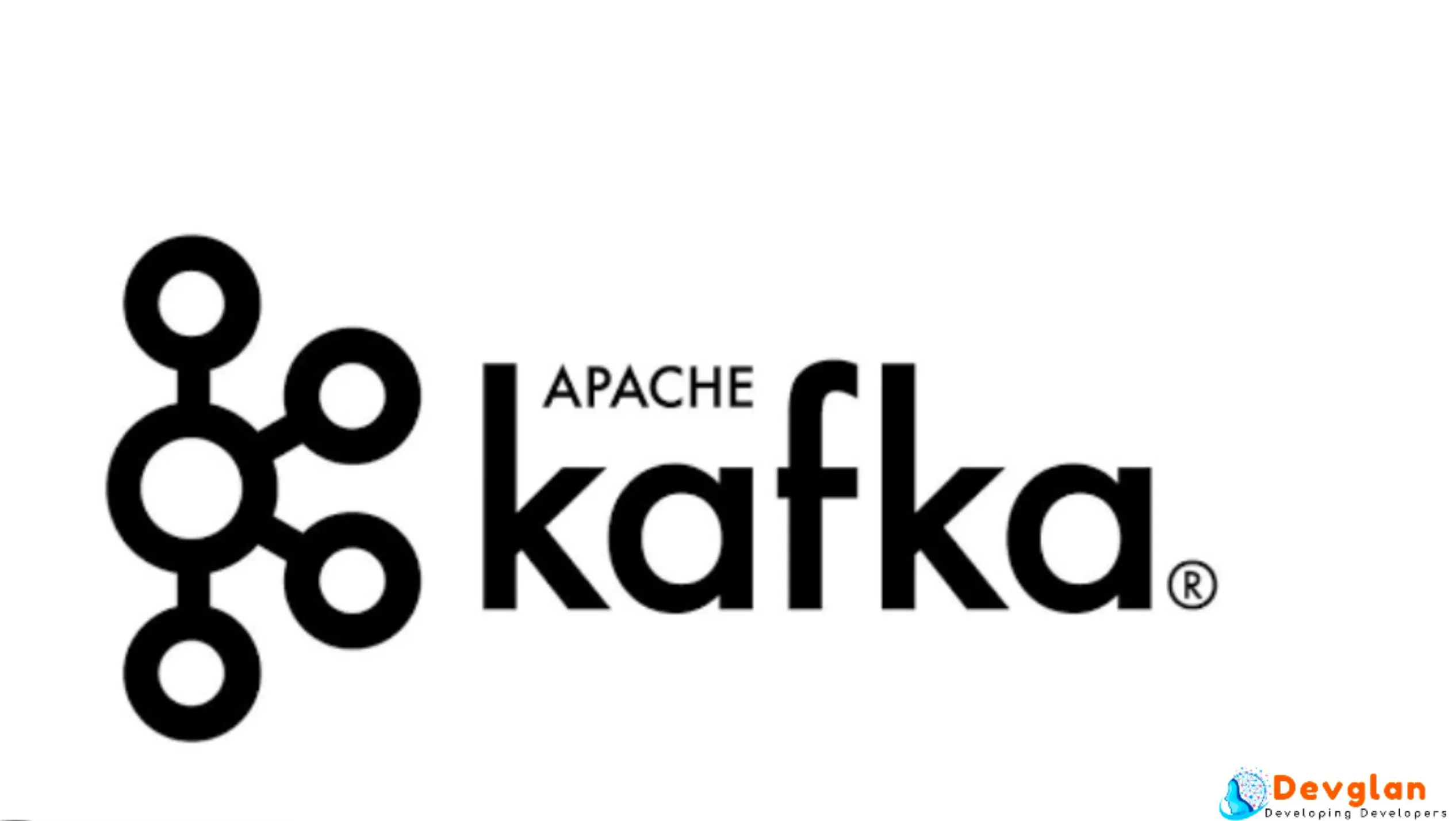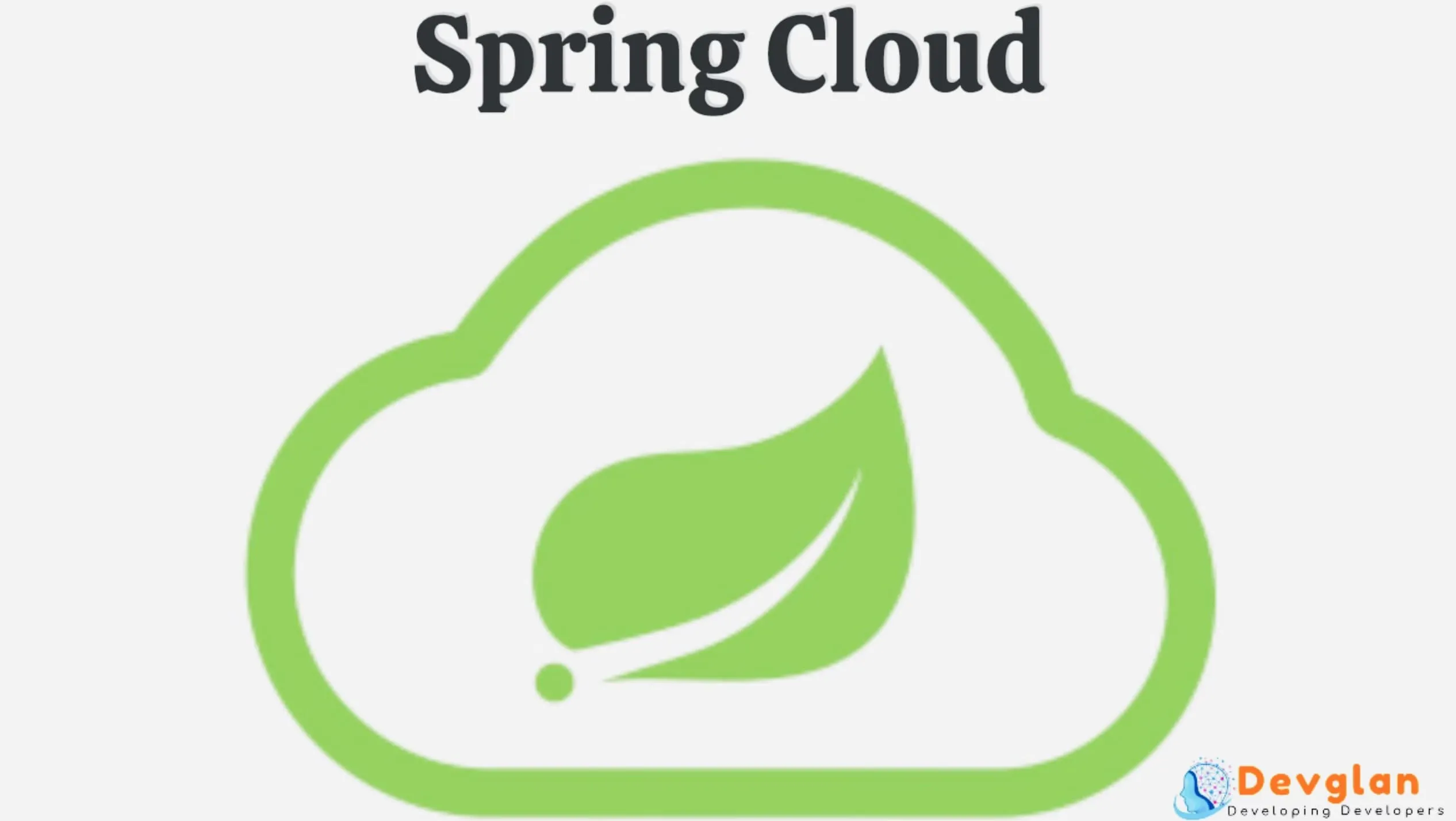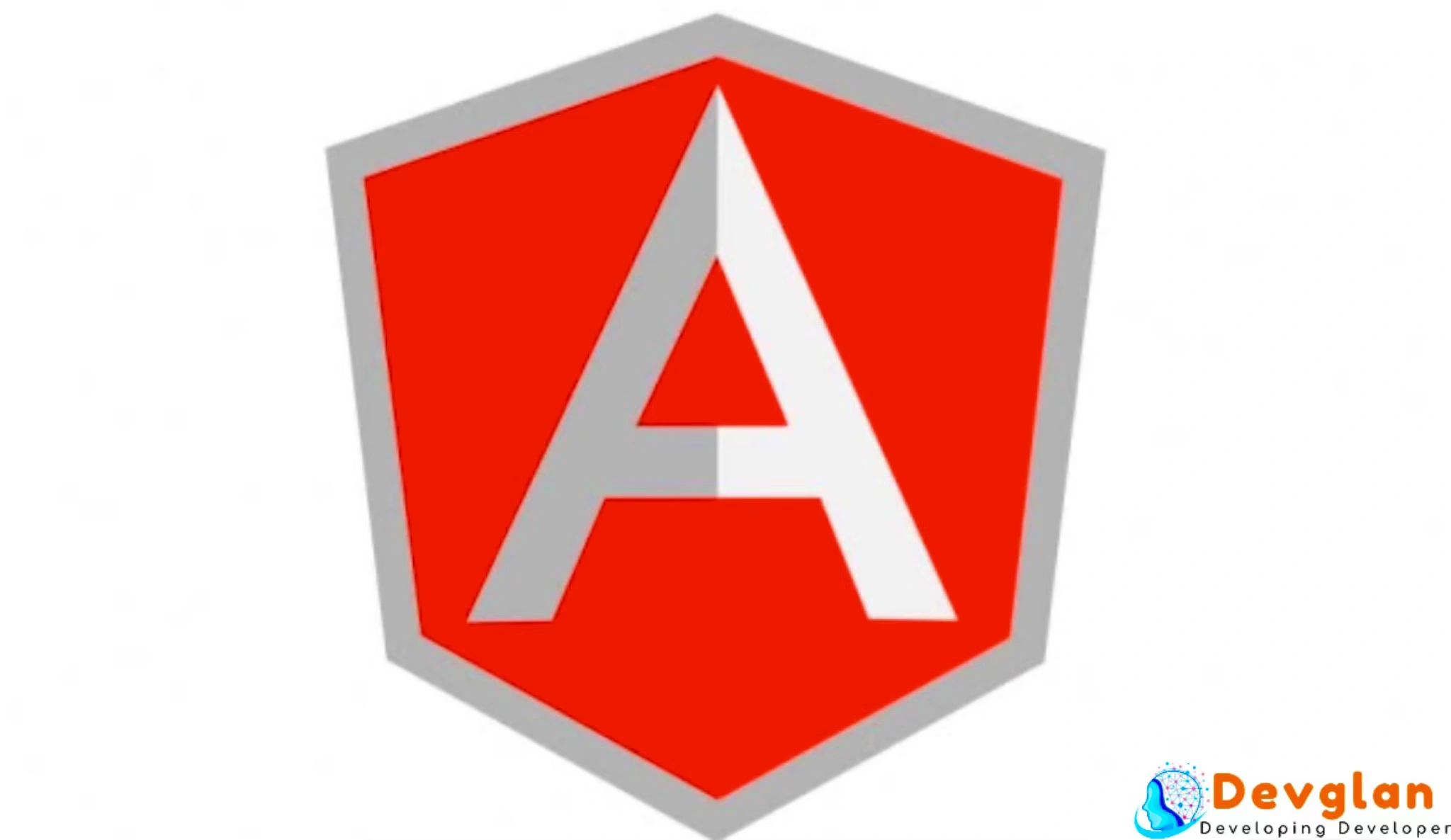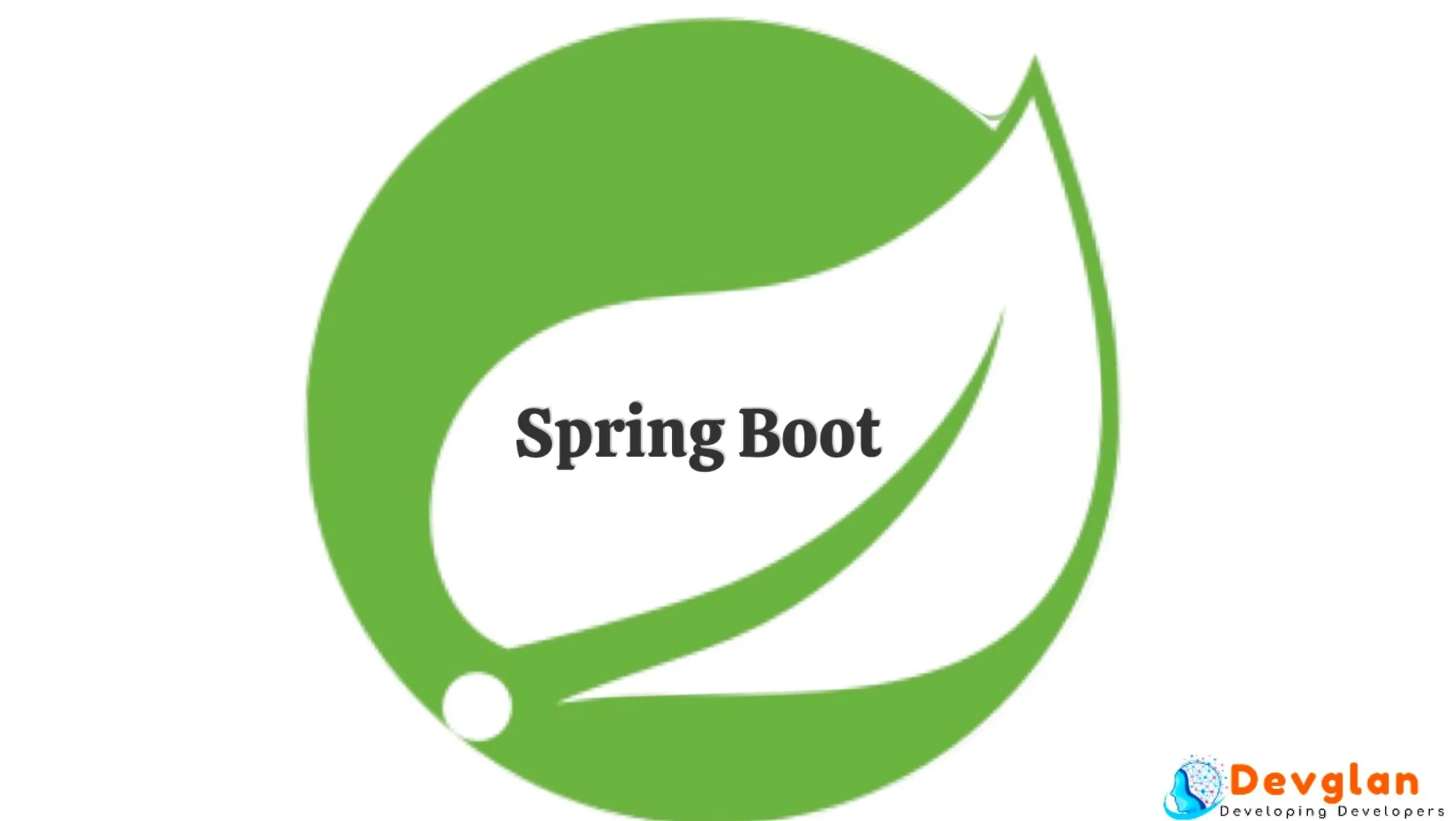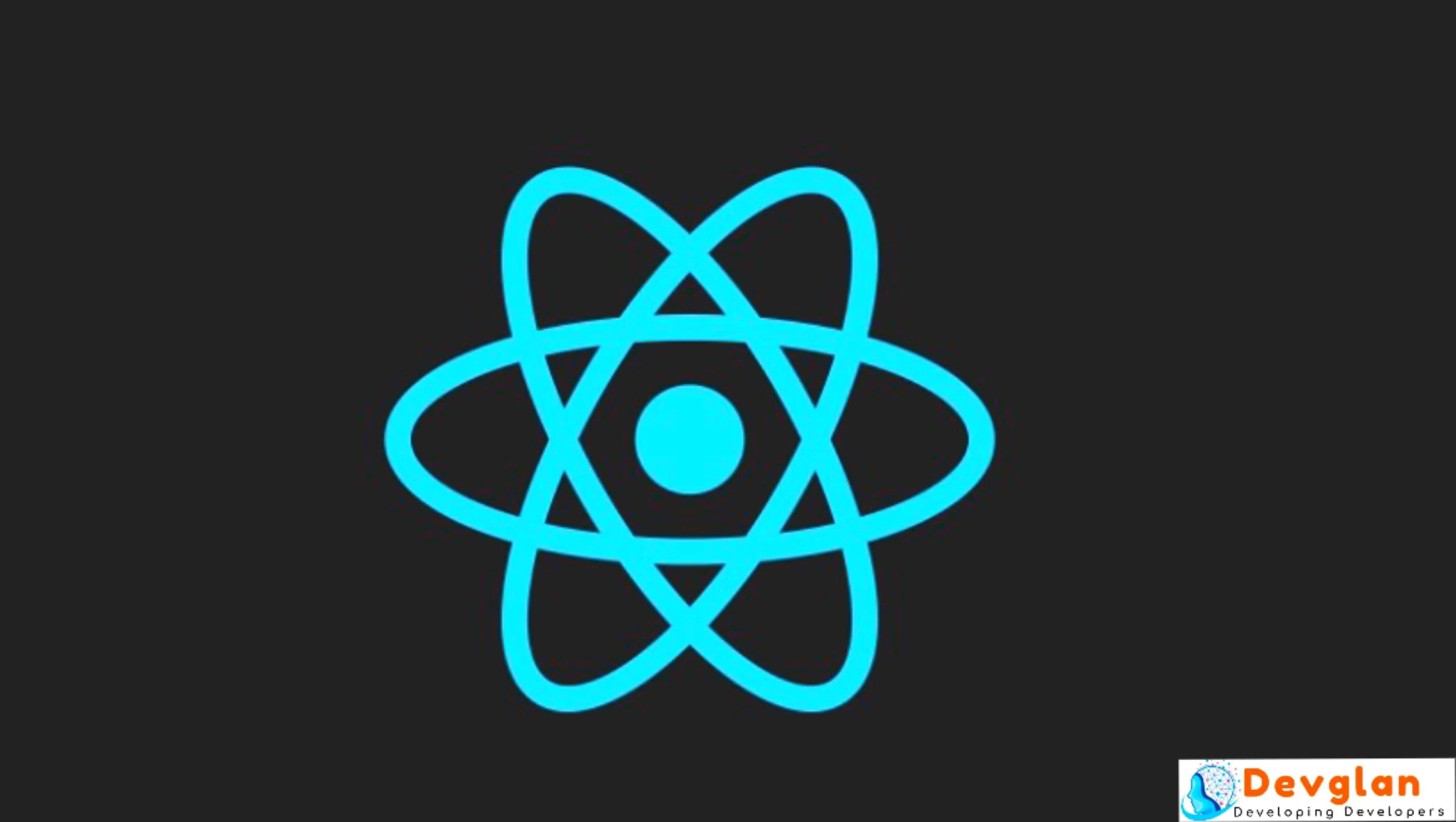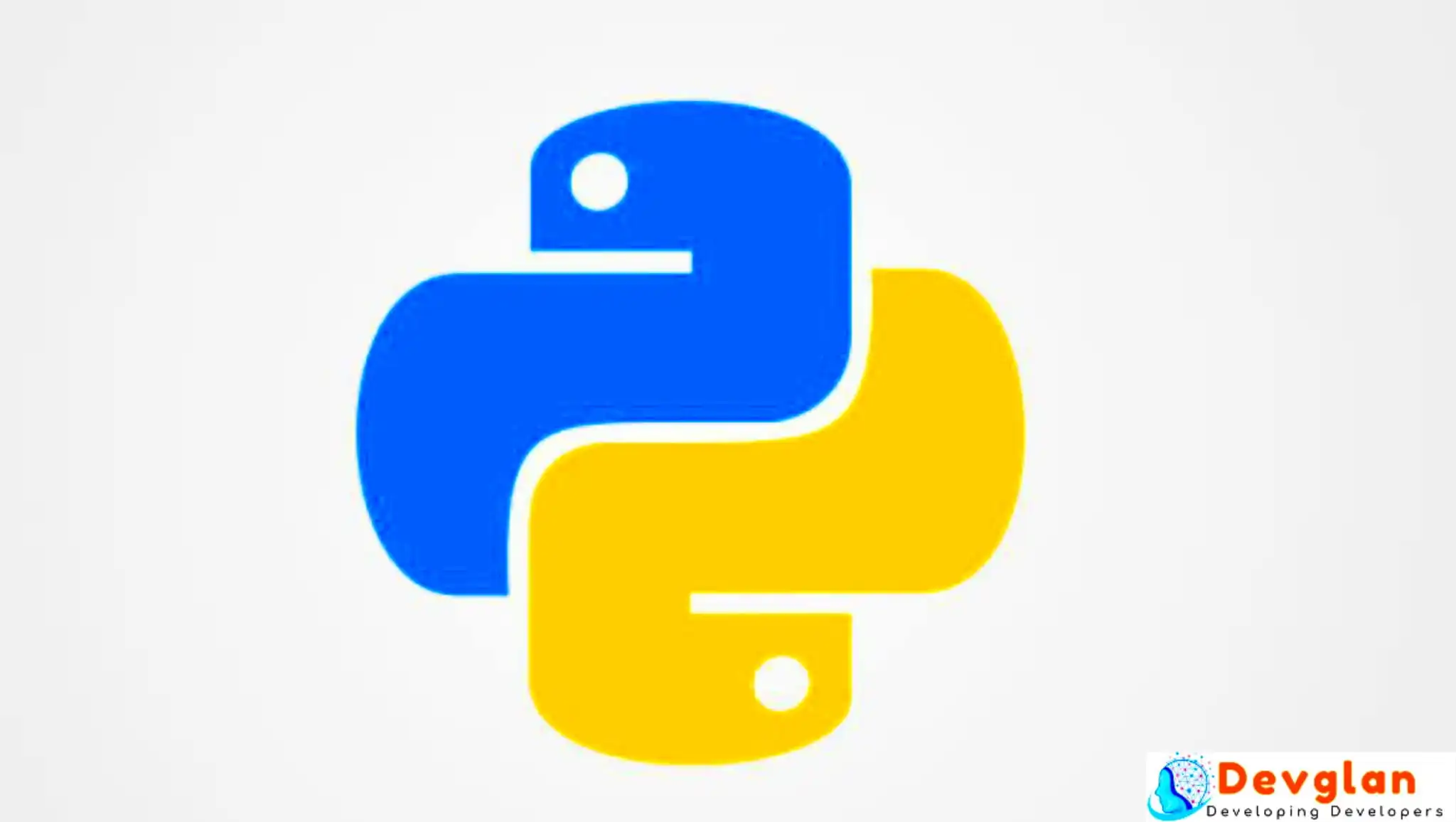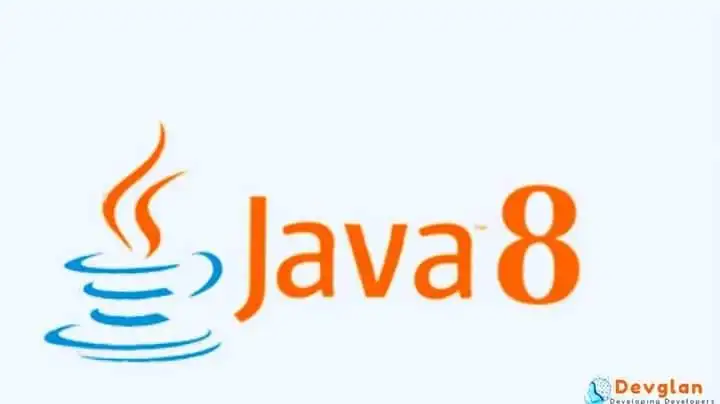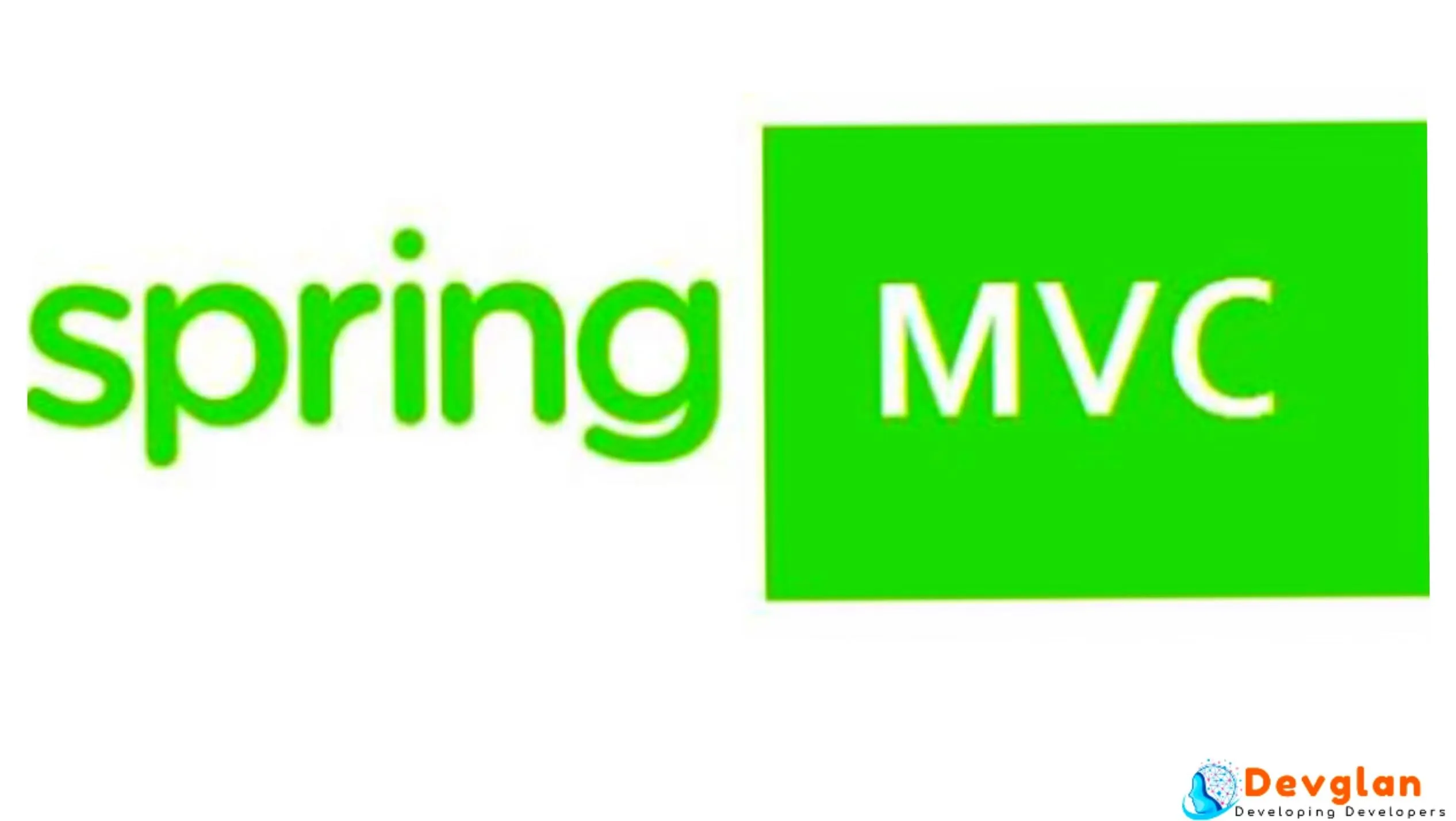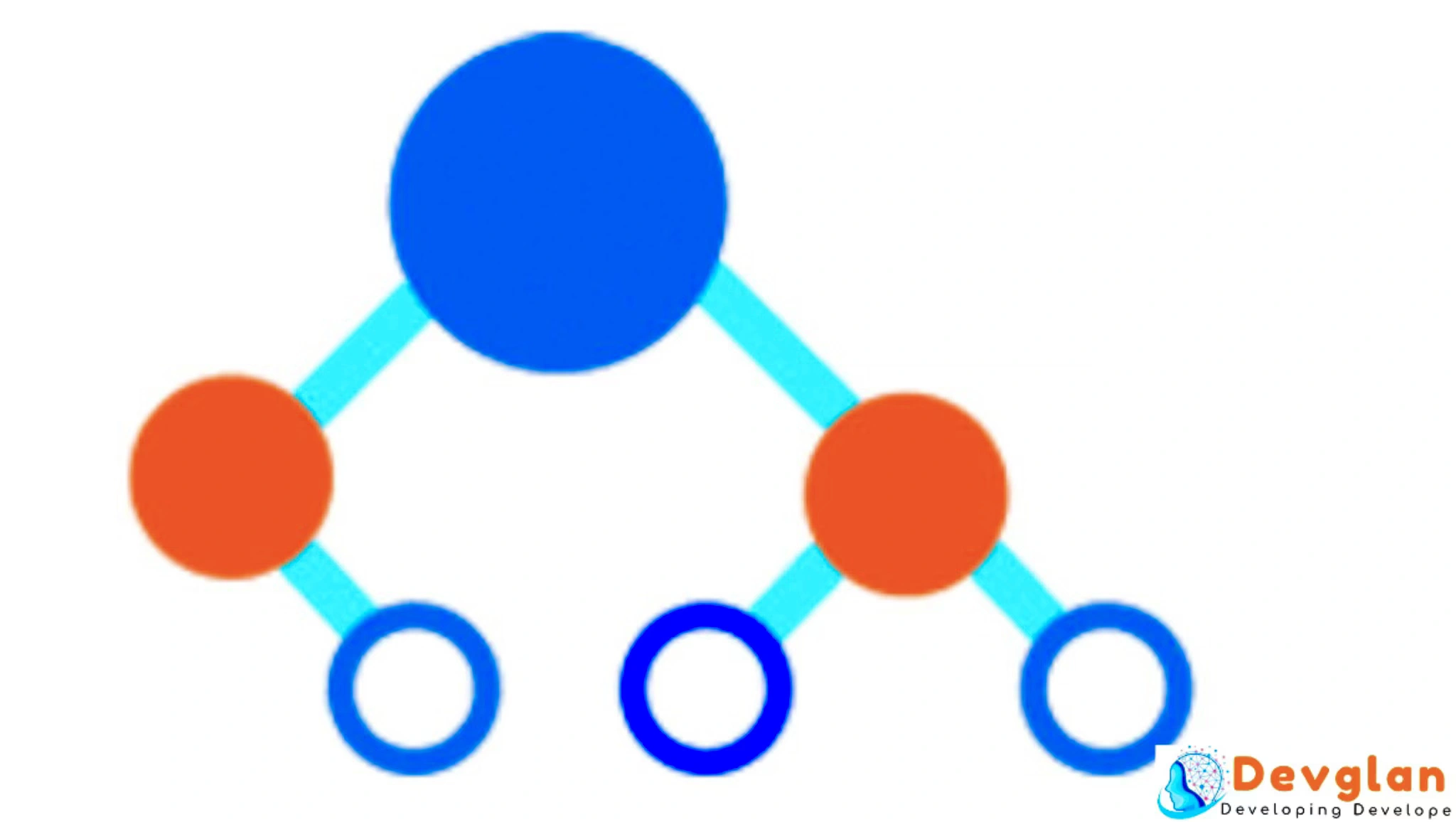The impact of AI on literature is multifaceted, starting with a transformation of the writing process itself. Gone are the days of clunky grammar checkers. Today, AI-powered editing assistants offer insightful suggestions on everything from sentence structure and word choice to pacing and narrative flow. Plot generators, once relegated to the realm of novelty toys, have become sophisticated tools that can help writers overcome writer's block, sparking ideas and fleshing out storylines.
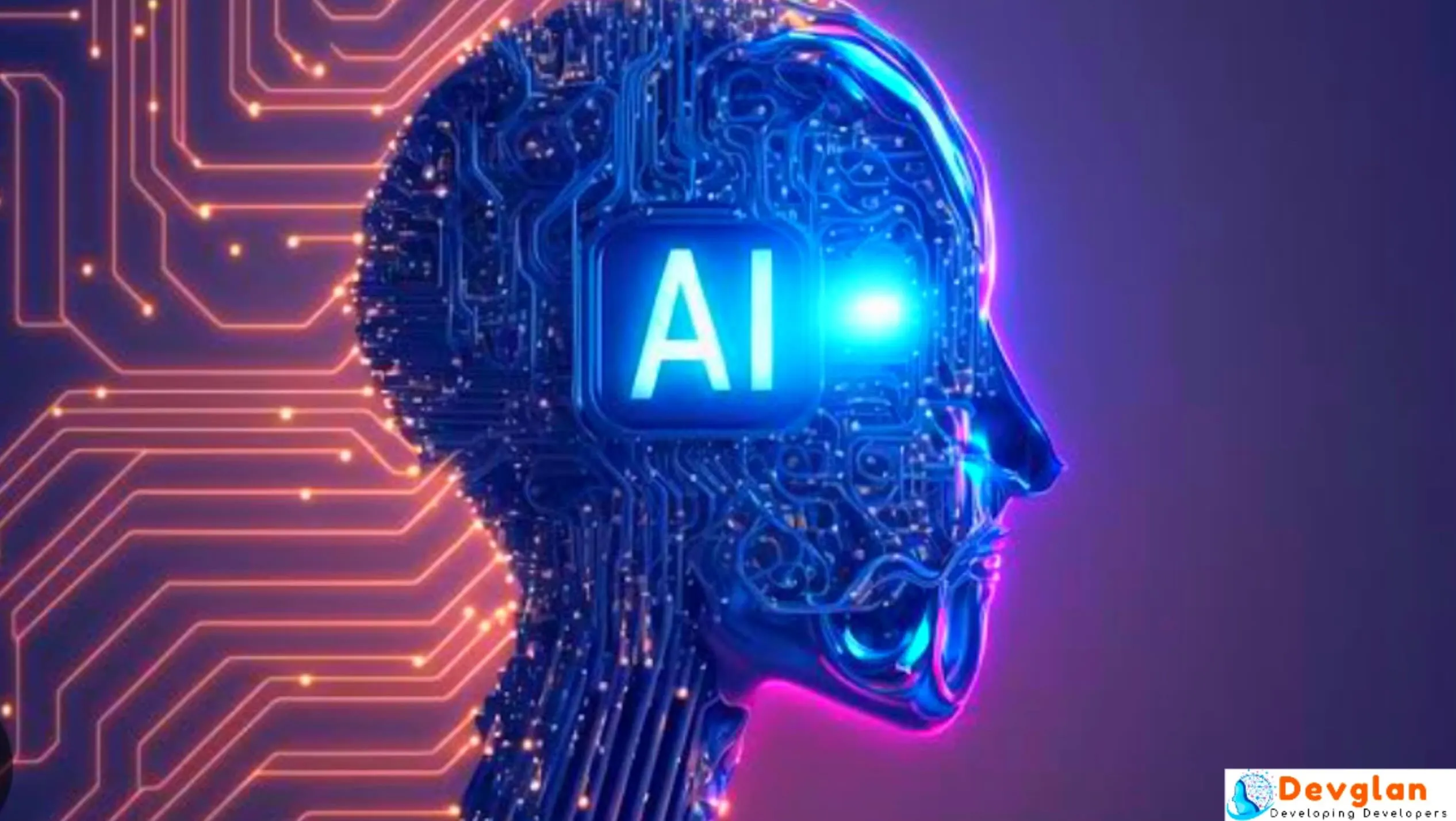
These digital companions empower writers to refine their craft and become more efficient, freeing up valuable time and mental energy for the more creative aspects of storytelling. But AI's reach extends beyond the writer's toolbox. We are witnessing the dawn of AI-generated creative writing. Advanced algorithms are capable of crafting human-quality text, churning out poems, scripts, and even short stories.
While some of these creations may lack the depth and emotional resonance of human-written works, the sheer speed and variety they offer are undeniable.
The Human Touch: Beyond the Algorithm
The essence of literature lies not just in technical proficiency but in the human experience it conveys. Great literature reflects the human condition, delving into love, loss, joy, and sorrow in ways that resonate with readers on a visceral level. While AI can mimic writing styles and generate grammatically correct sentences, it still struggles to capture the nuances of human emotion, the weight of lived experiences, and the intangible spark of originality.
Furthermore, literature is a medium for self-discovery and critical thinking. AI-generated stories often lack the depth and ambiguity that compels readers to question and interpret. The human author, however, injects their unique perspective, shaping the narrative and inviting readers to engage in a dialogue. This very act of interpretation and analysis, of piecing together the author's message and drawing personal connections, is a crucial part of the literary experience. It's something that AI-generated content currently struggles to replicate.
The Democratization of Authorship: A New Wave of Voices
The rise of AI in literature has the potential to democratize authorship, making it more accessible to a wider range of voices. AI tools like writing assistants and translation software can empower those who may have previously faced language barriers or lacked the technical confidence to write. Imagine a world where someone with a compelling story but limited writing experience can utilize AI tools to craft a publishable manuscript.
This could lead to a new wave of diverse voices and perspectives, enriching the literary landscape. However, it's important to remember that AI can't replace the human element entirely. The ability to refine the raw output, curate the narrative, and imbue the story with meaning will remain the domain of the human author. Here, ethical considerations come into play. Transparency is key. Readers deserve to know if they're consuming a work solely written by a human or one that involves AI assistance.
An AI detection tool can be a valuable asset in this regard, helping to distinguish between human-generated and AI-generated text. It ensures readers are making informed choices and gives proper credit to human authors who leverage AI tools in their creative process.
A Symbiotic Dance: Human and Machine
The future of literature is not likely to be a competition between human and machine authors. Instead, we might witness a beautiful collaboration. AI can be a powerful tool, assisting writers with brainstorming, research, and even editing. Imagine an AI that can analyze a writer's style and suggest revisions that maintain their voice while enhancing clarity.
This human-machine partnership could empower writers to explore new avenues, push the boundaries of storytelling, and create works that transcend the limitations of either human or machine alone.
The Evolving Landscape of Reading
AI's impact extends beyond the writer's desk, transforming reading experiences as well. AI-powered recommendation engines can personalize reading lists, suggesting books tailored to individual preferences and reading history. Interactive storytelling platforms could allow readers to influence the narrative, creating a more immersive experience. For those with visual impairments, AI-powered text-to-speech tools can open doors to a world of literature, removing barriers and fostering a more inclusive reading experience.
The Heart of the Matter: The Value of Human Authorship
The rise of AI in literature raises important questions about the value of human authorship. Will AI-generated content eventually replace human-written books? While AI can produce technically sound and even entertaining works, it's unlikely to replace the emotional connection and intellectual stimulation that human authors provide. Literature is a reflection of humanity, a testament to our capacity for imagination, empathy, and critical thinking. These are qualities that AI, at least for now, cannot replicate.
Therefore, AI in literature represents not a replacement, but an evolution. It's an opportunity to expand the boundaries of storytelling and create a more inclusive and interactive literary landscape. The future of literature lies not in the hands of machines but in the collaborative spirit between humans and their ever-evolving AI companions. This partnership holds the potential to usher in a new golden age of literature, one where stories are not just told but experienced, explored, and co-created.


